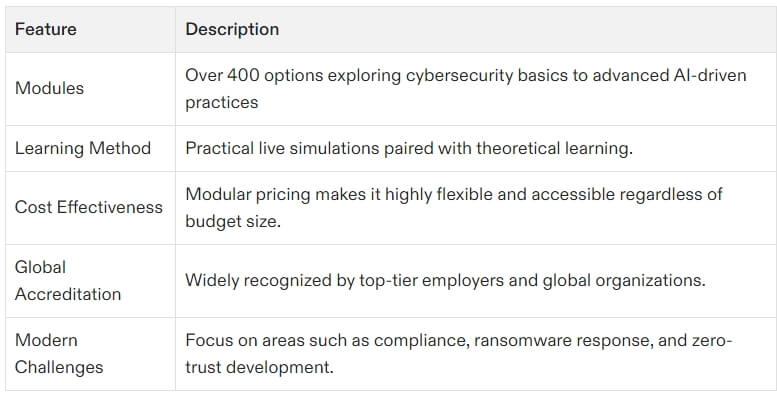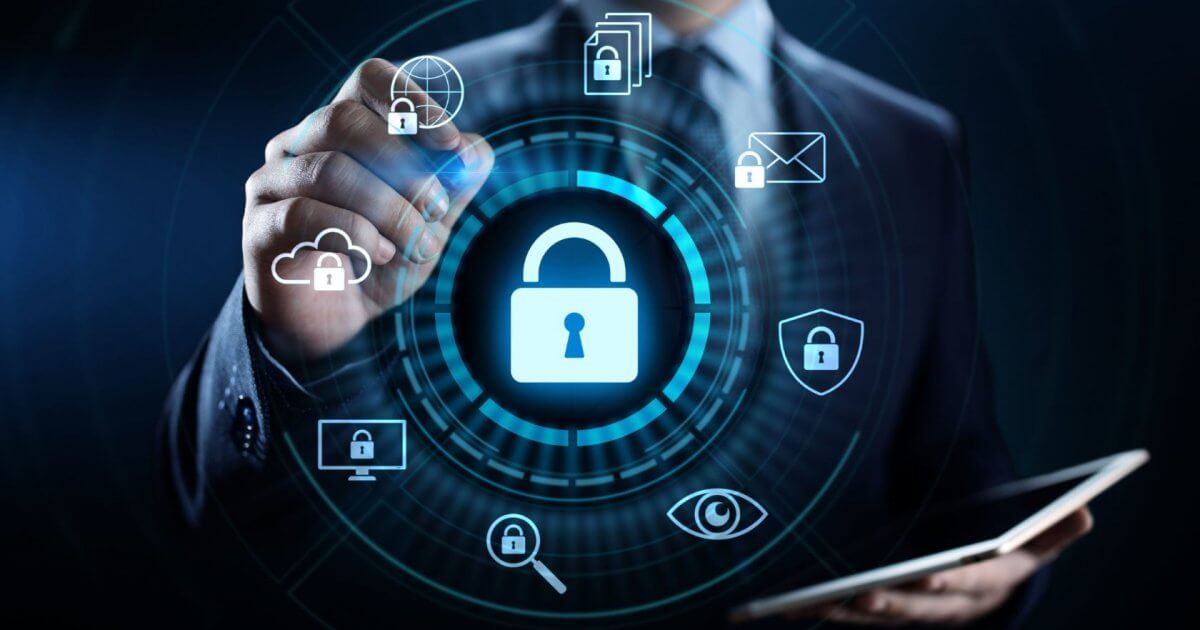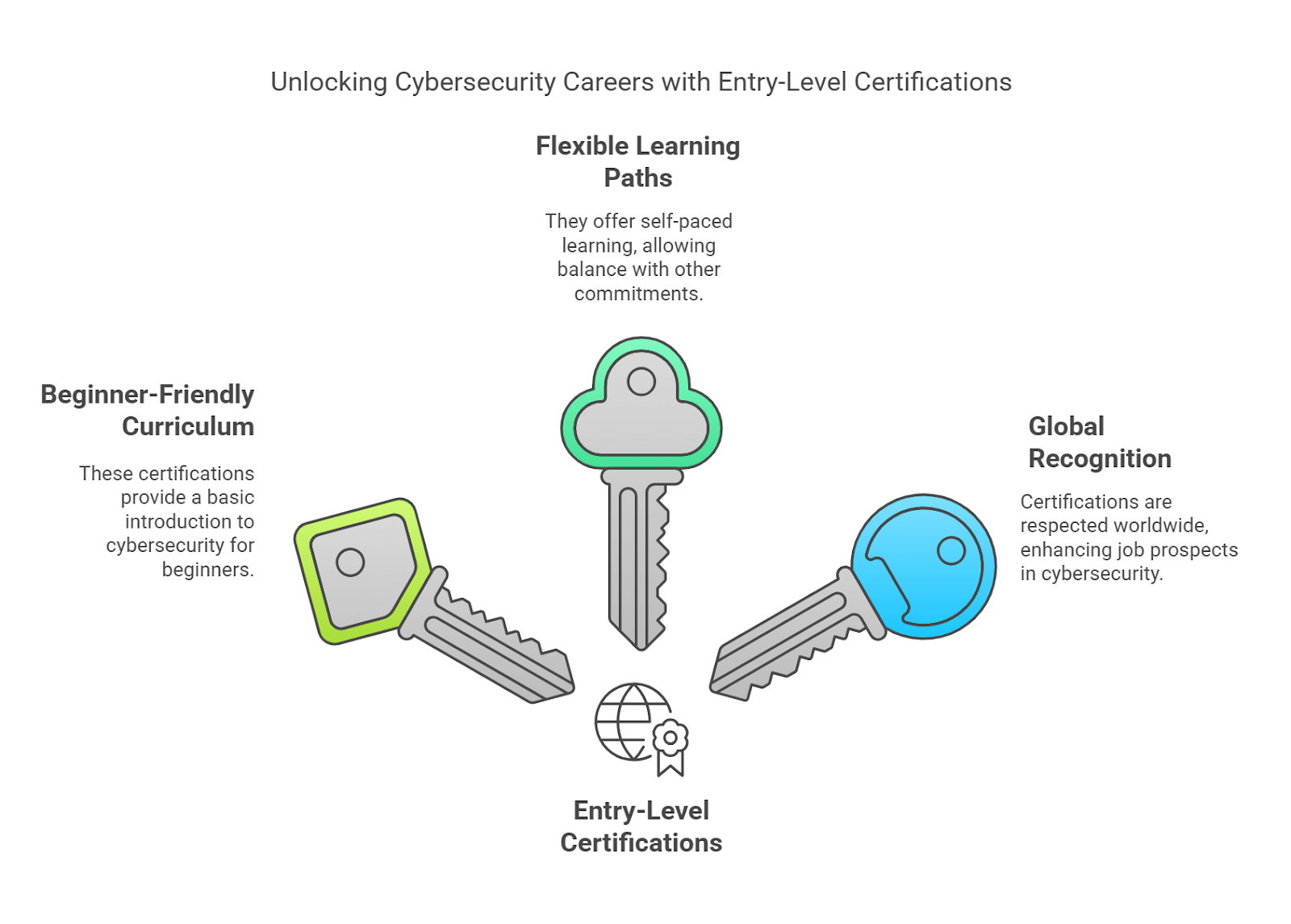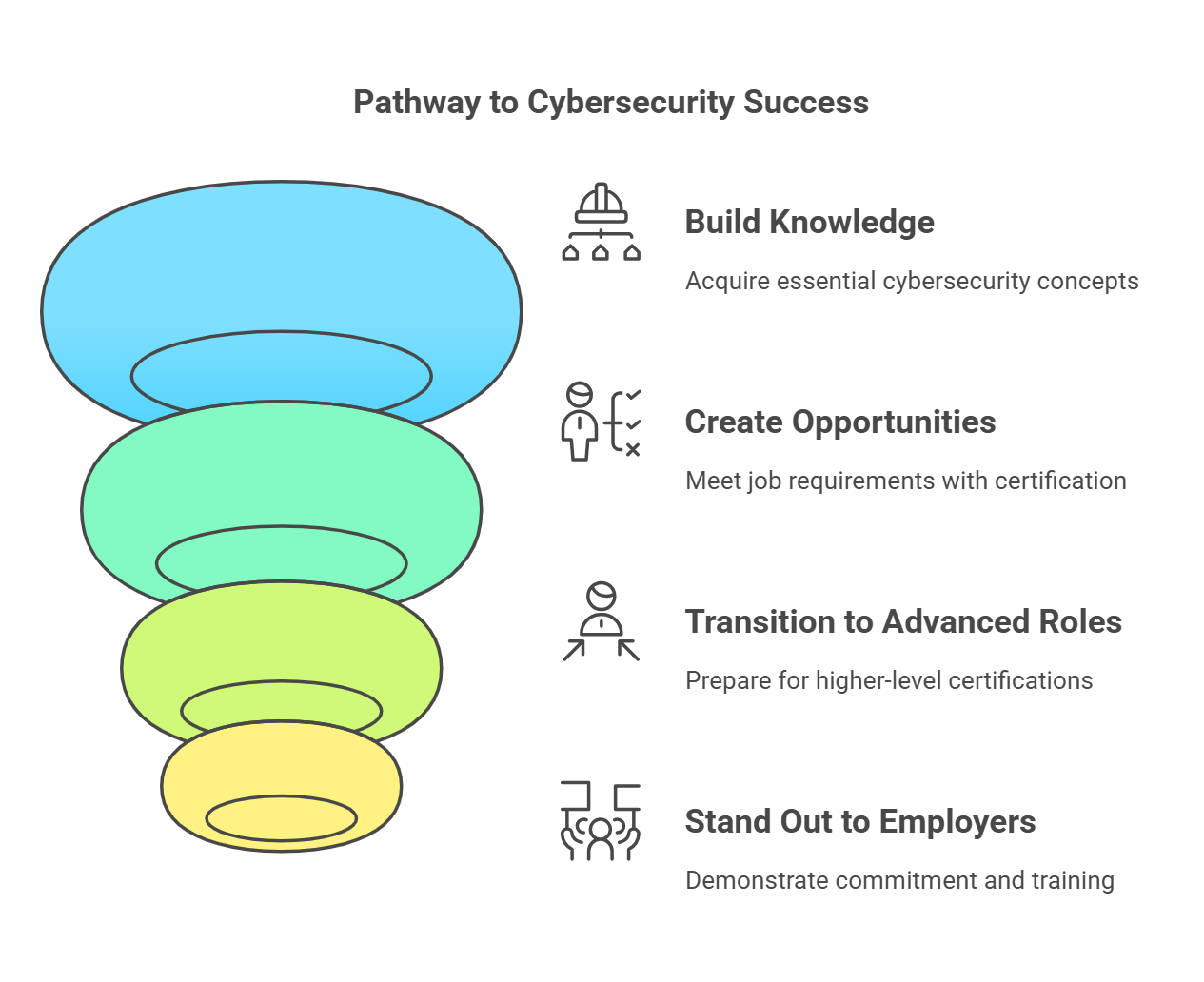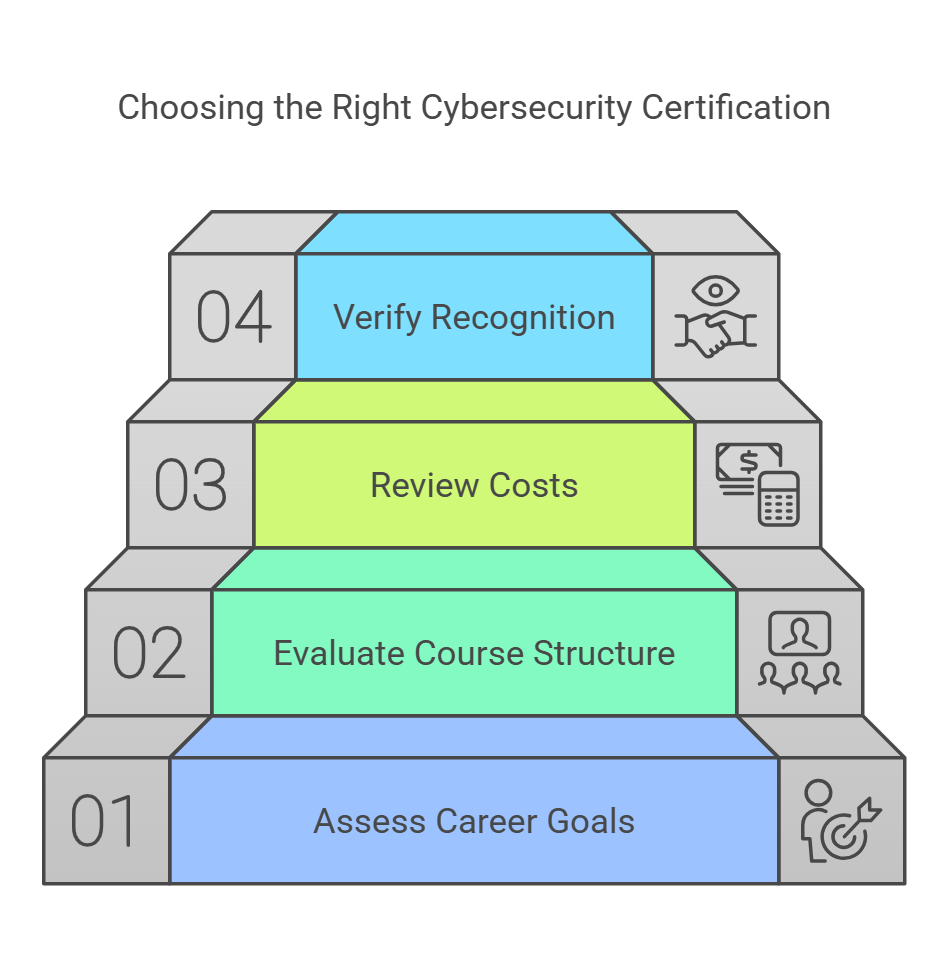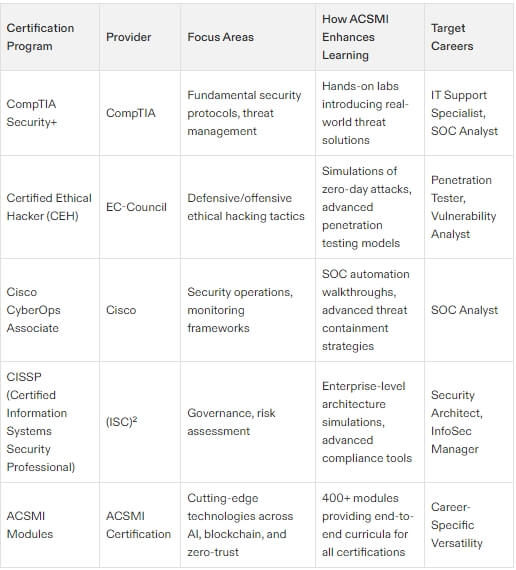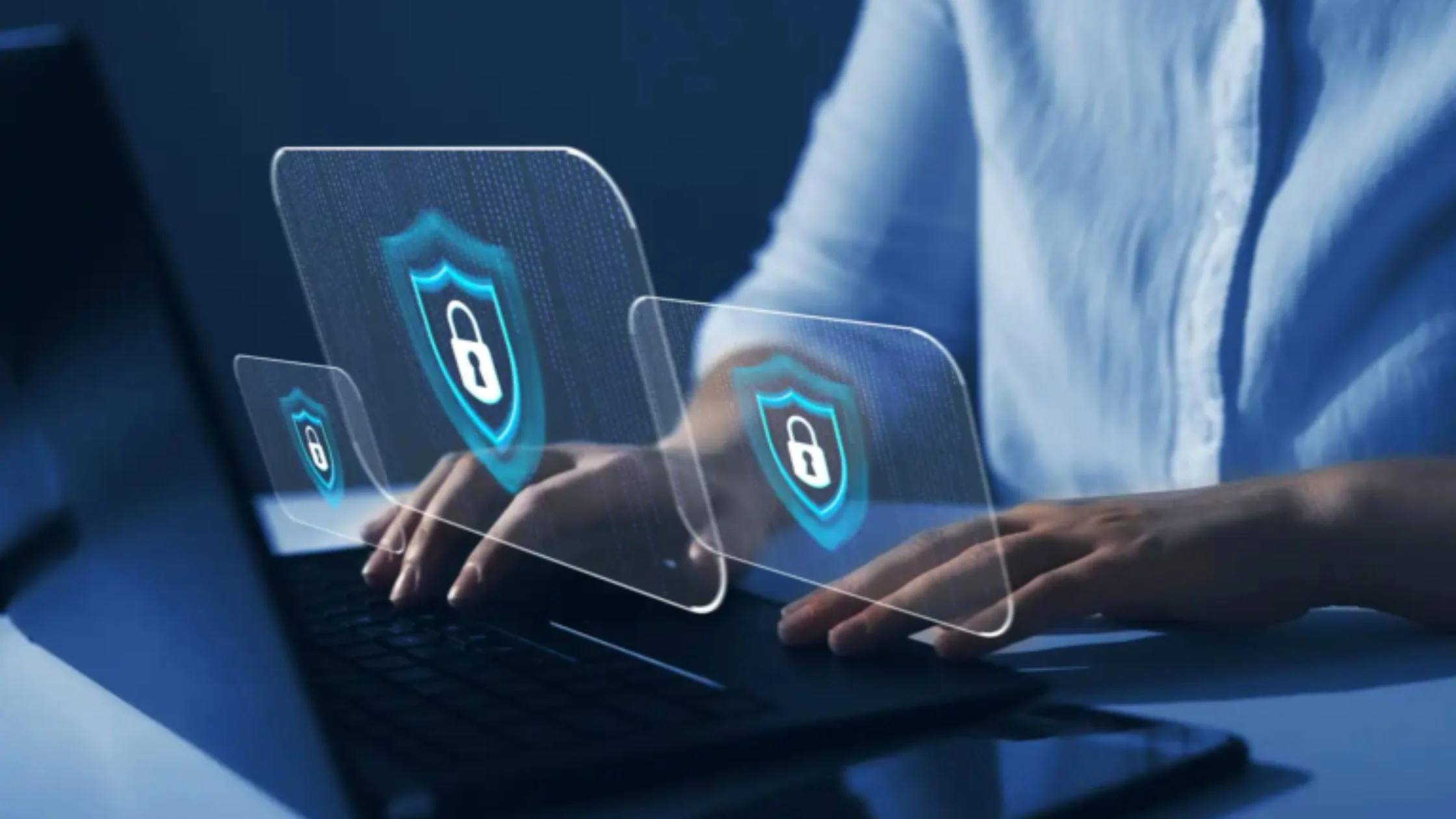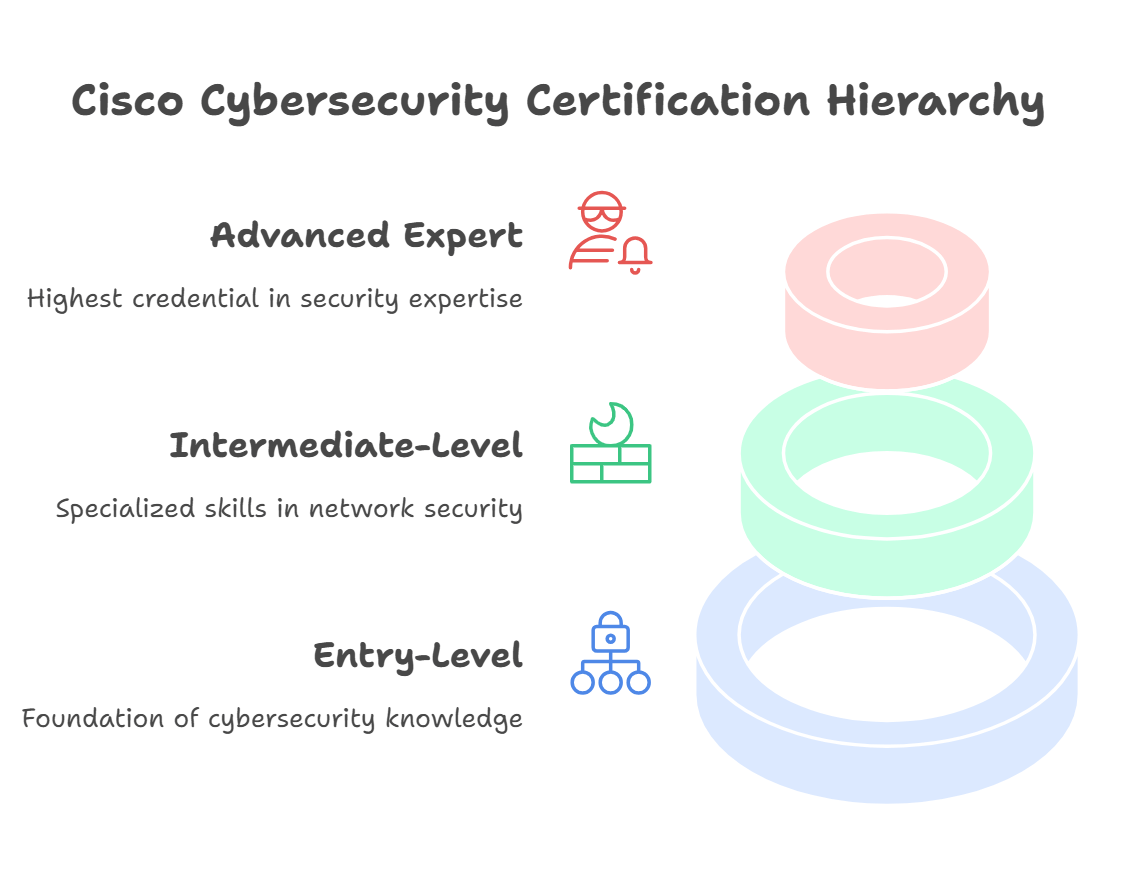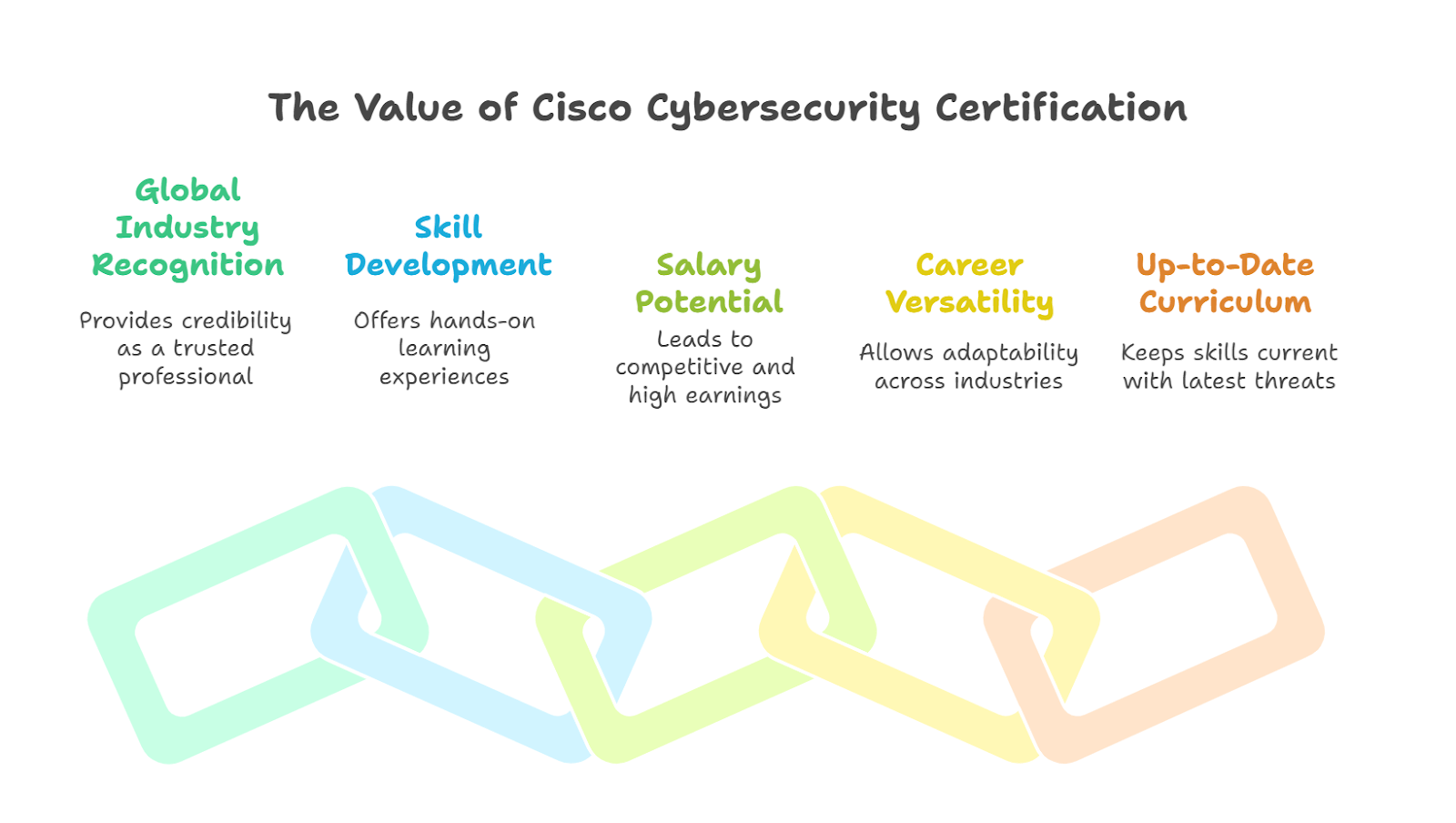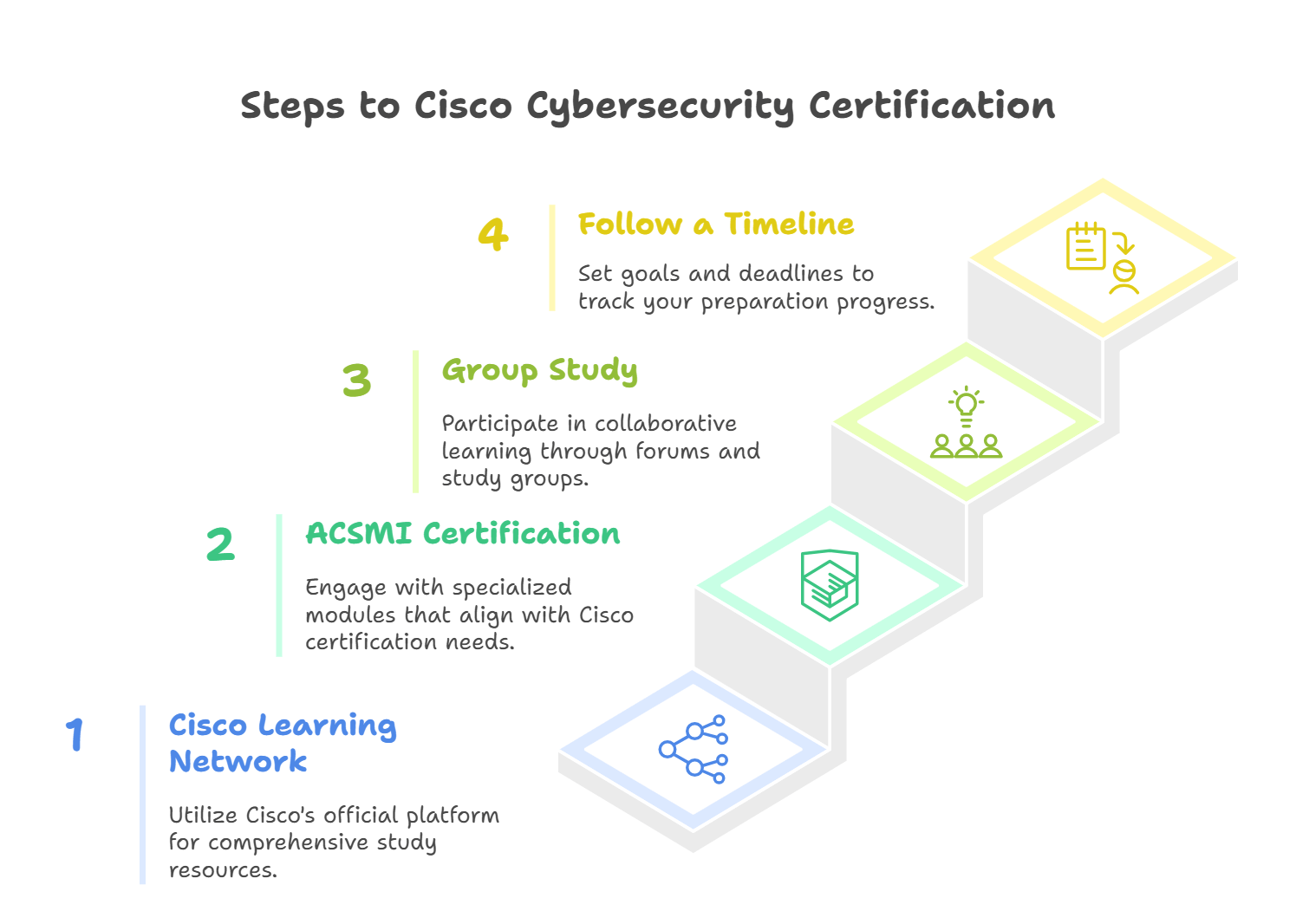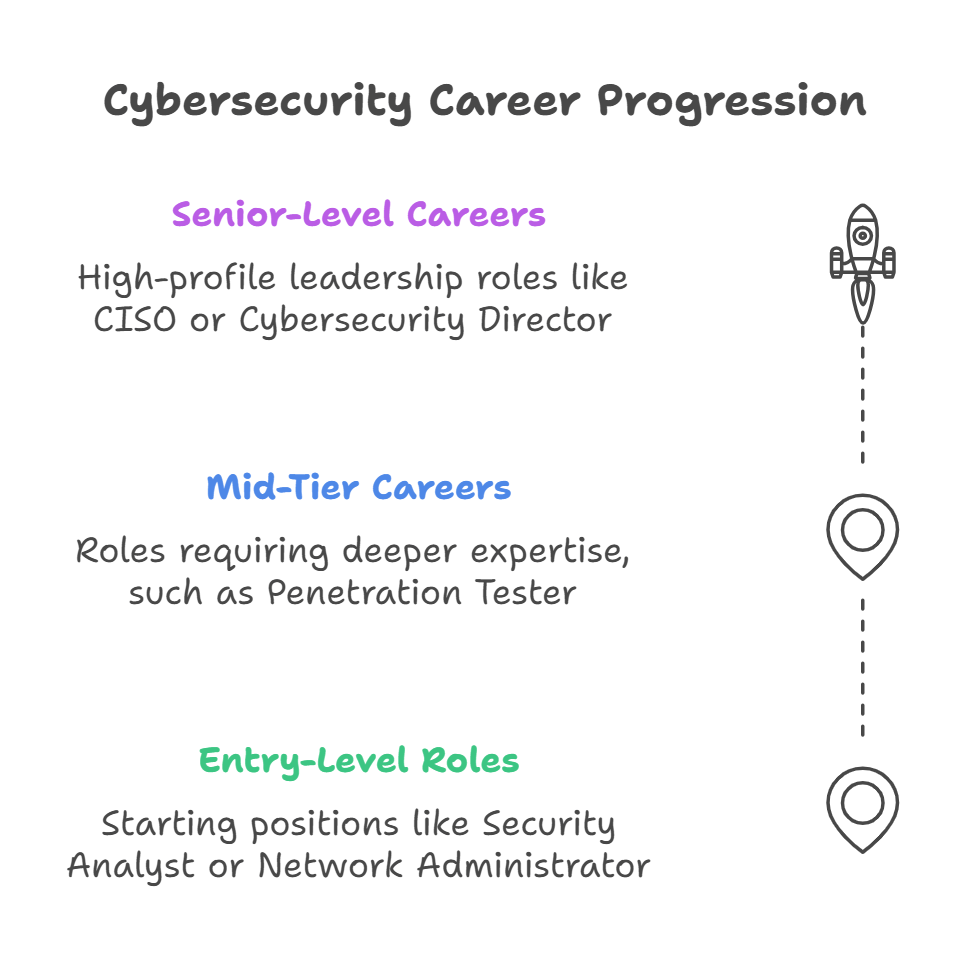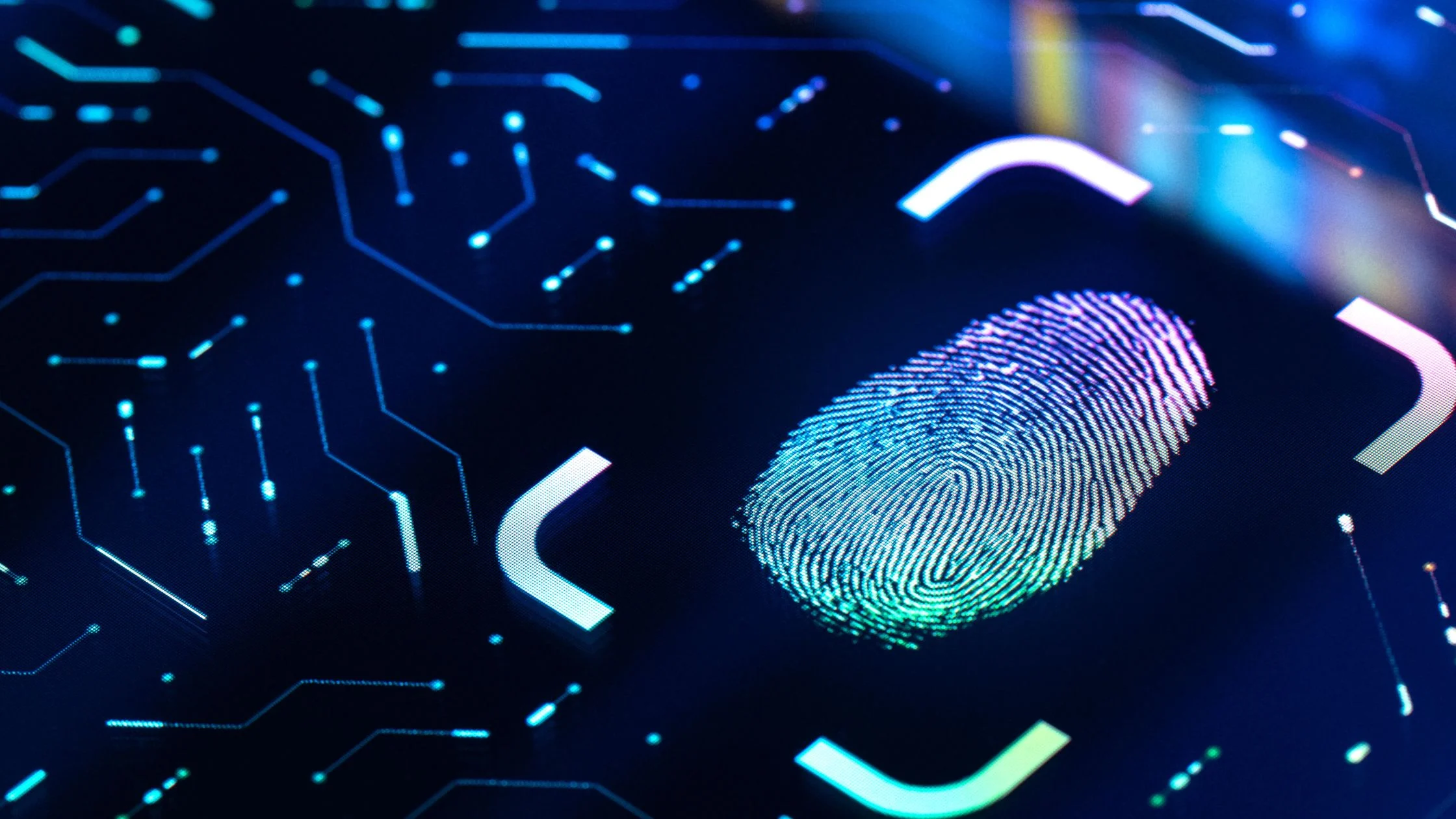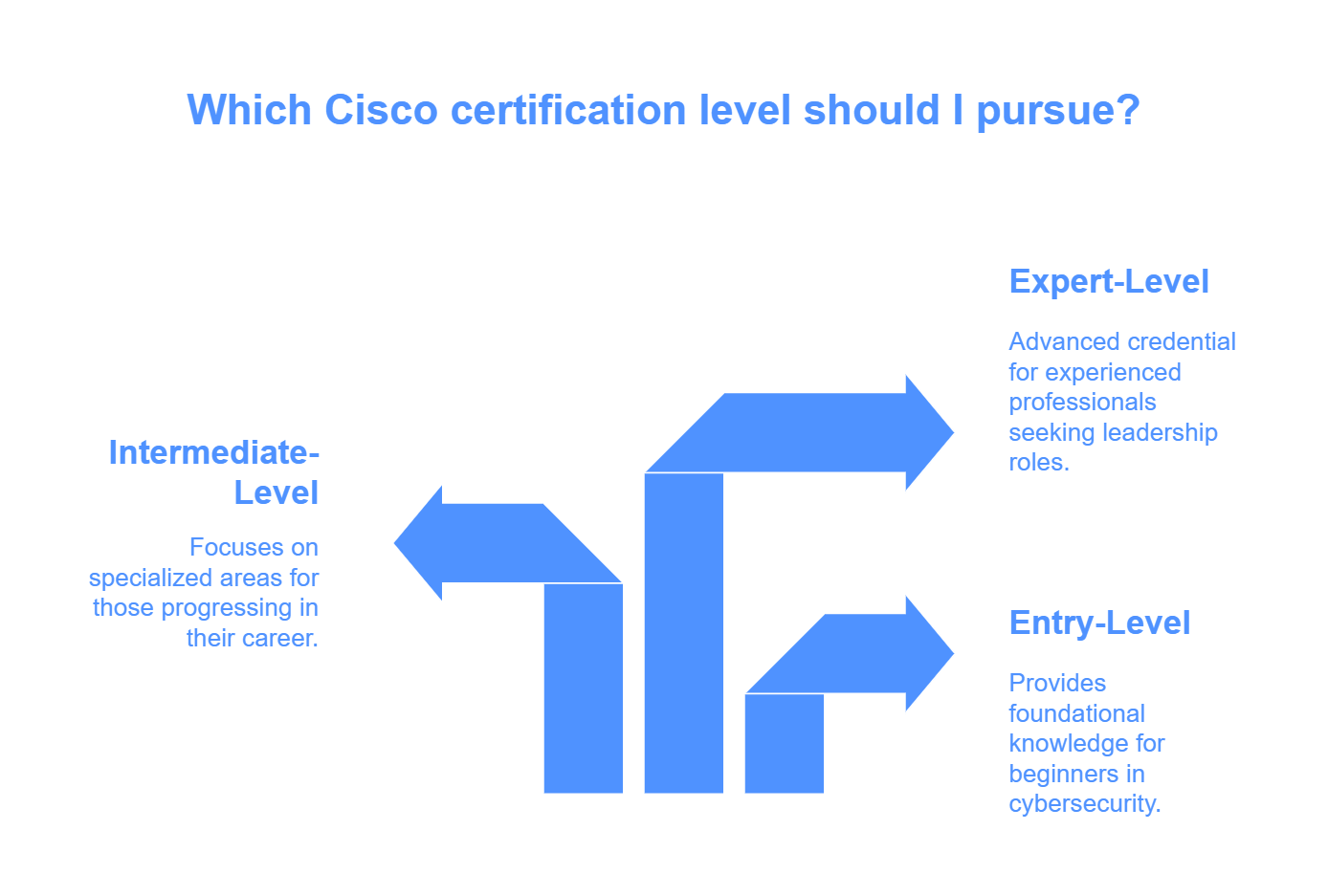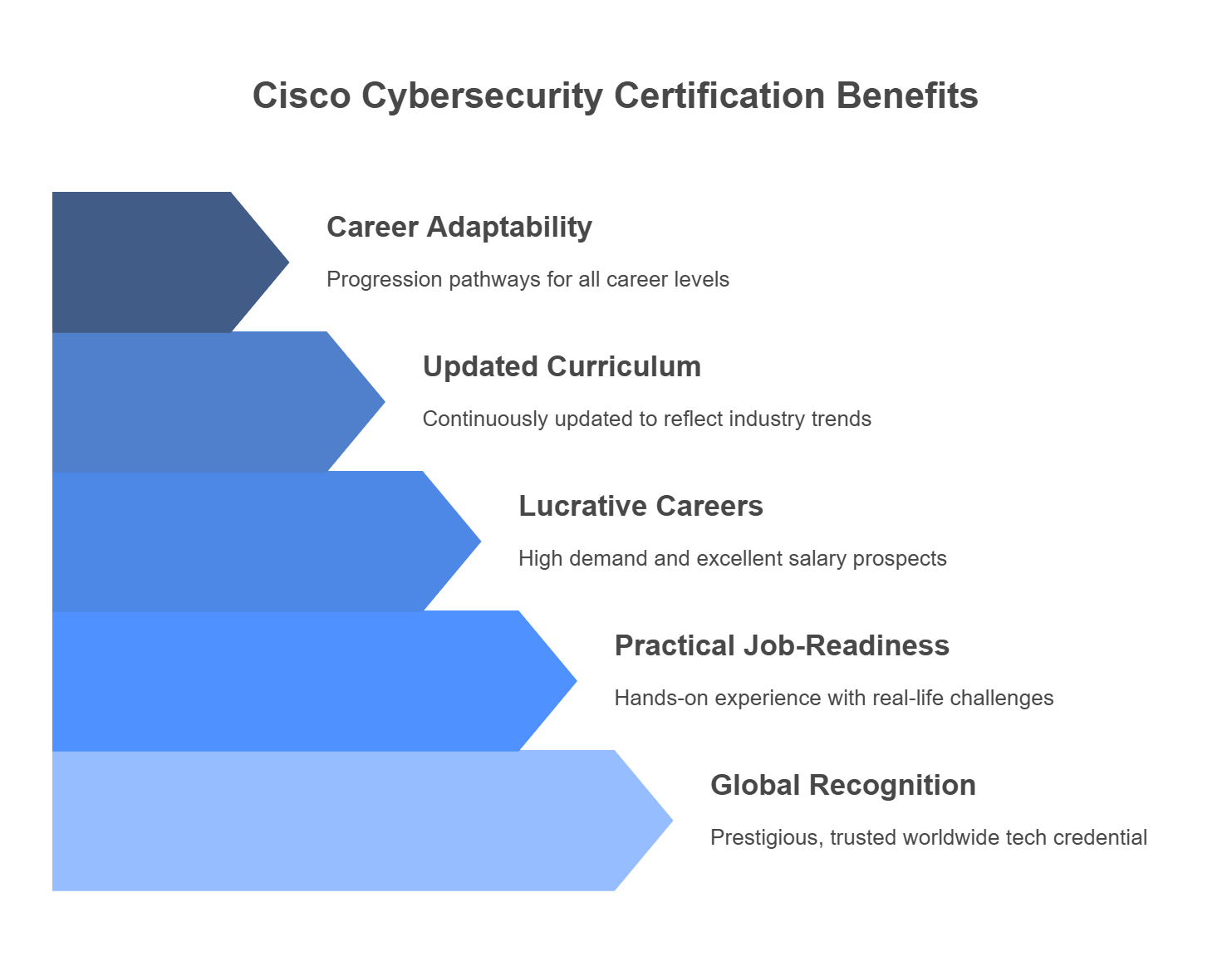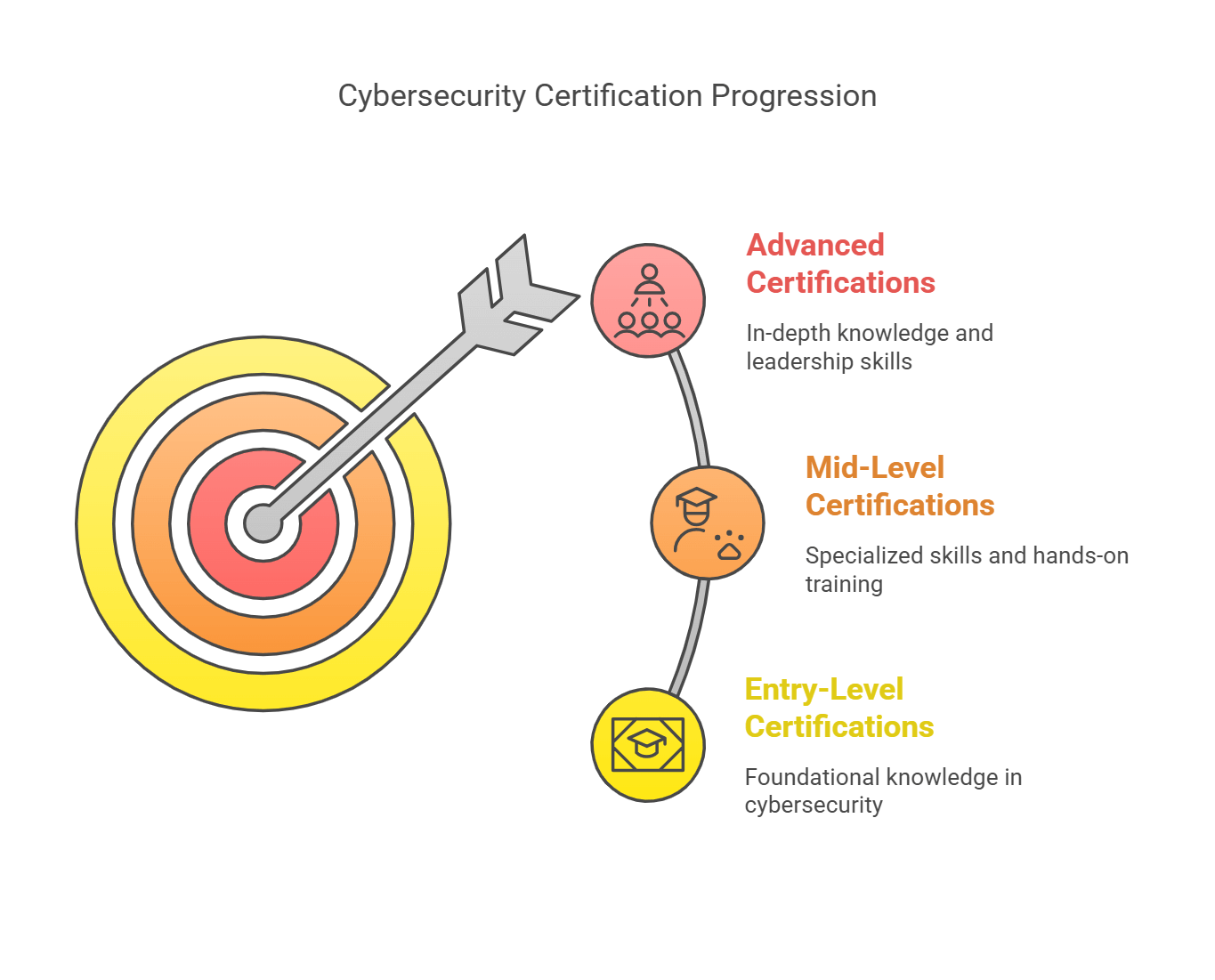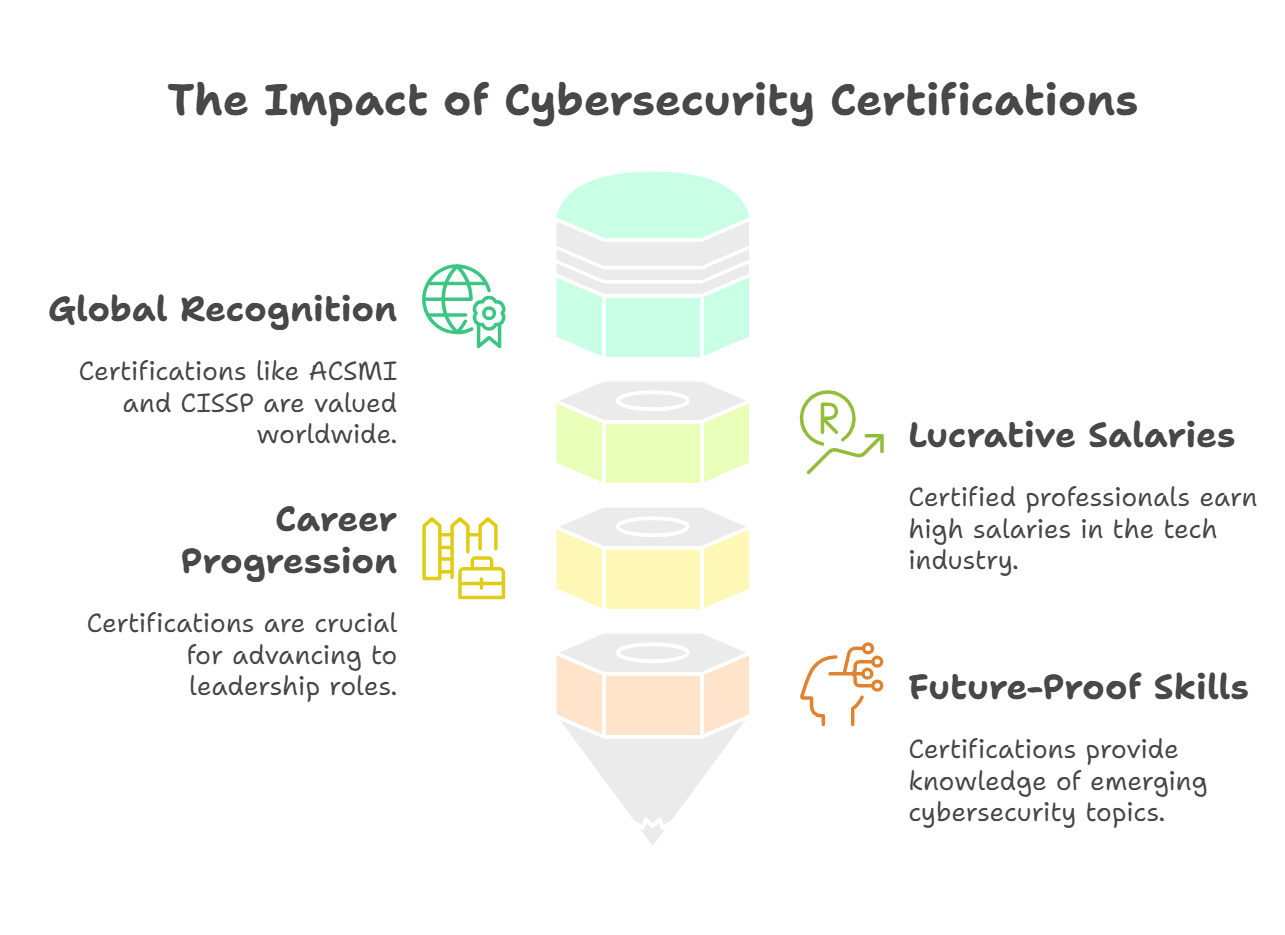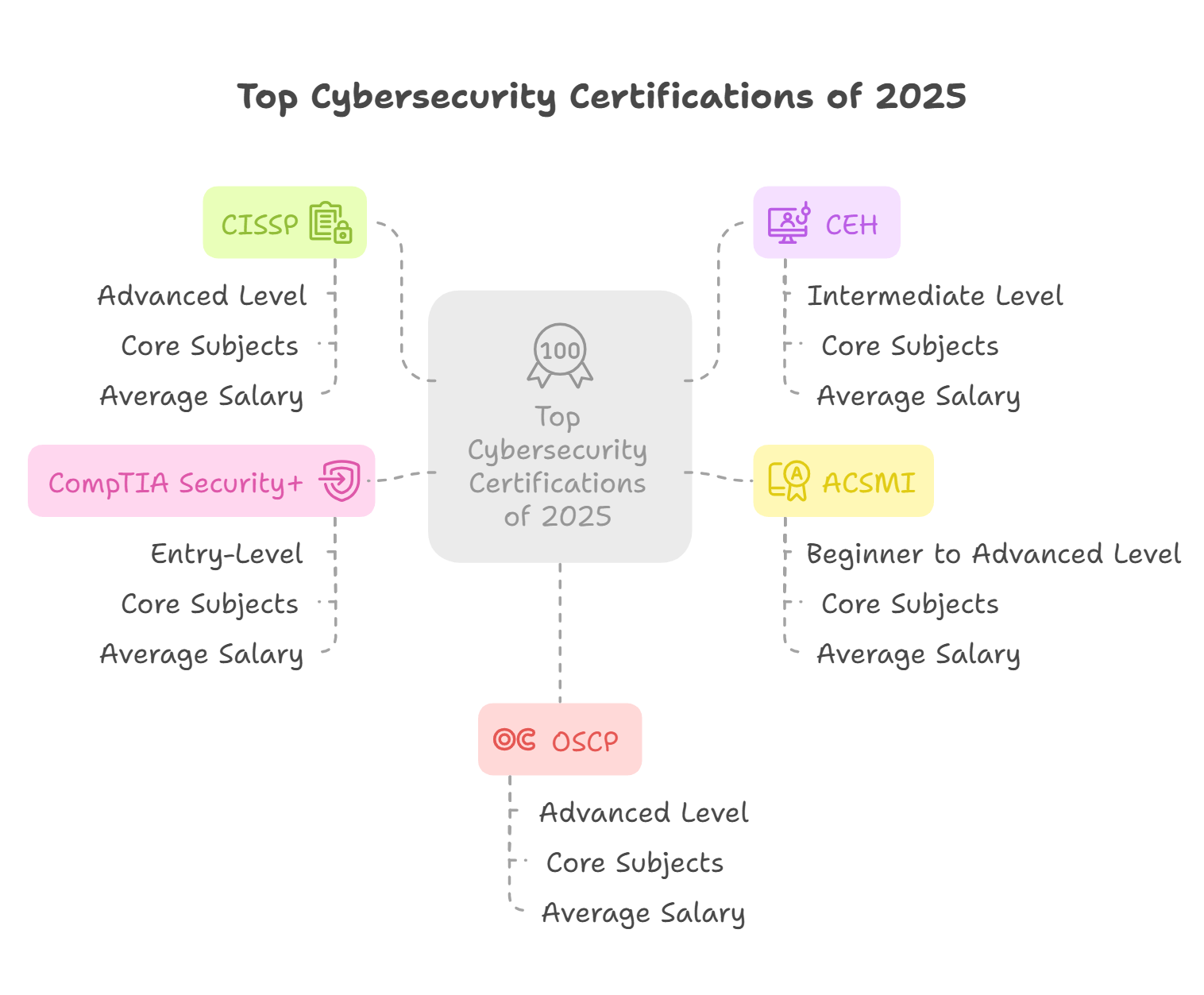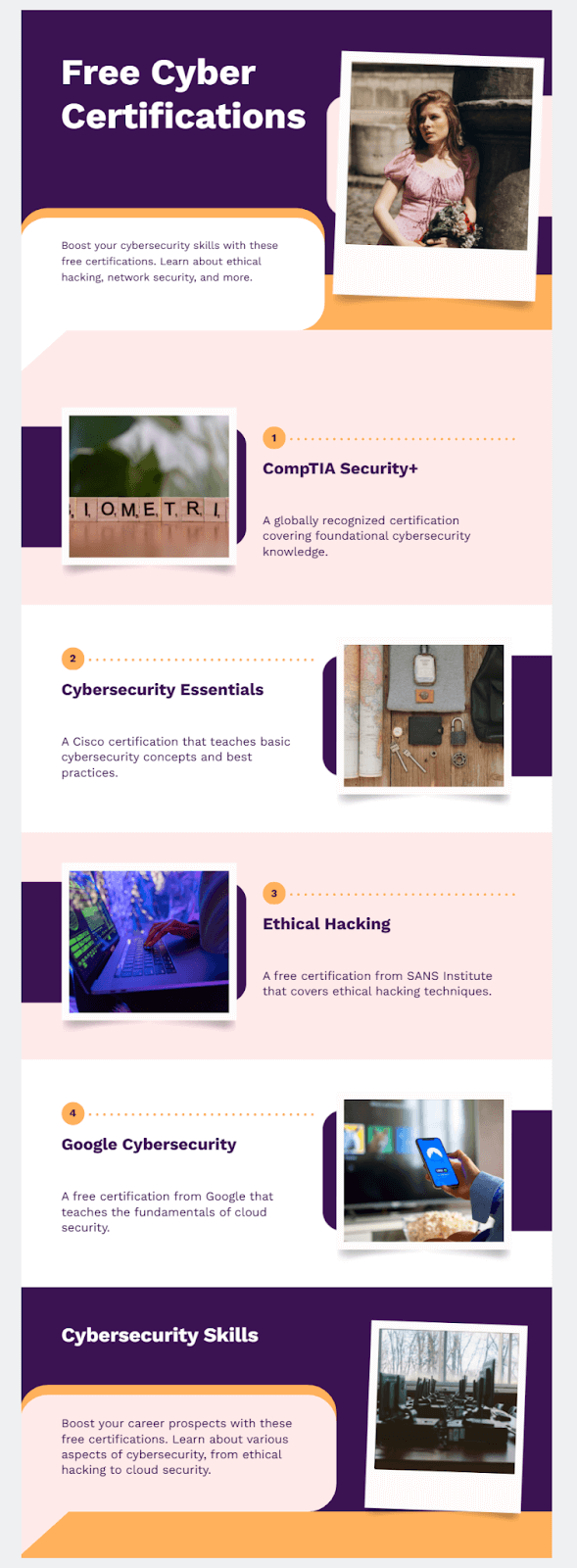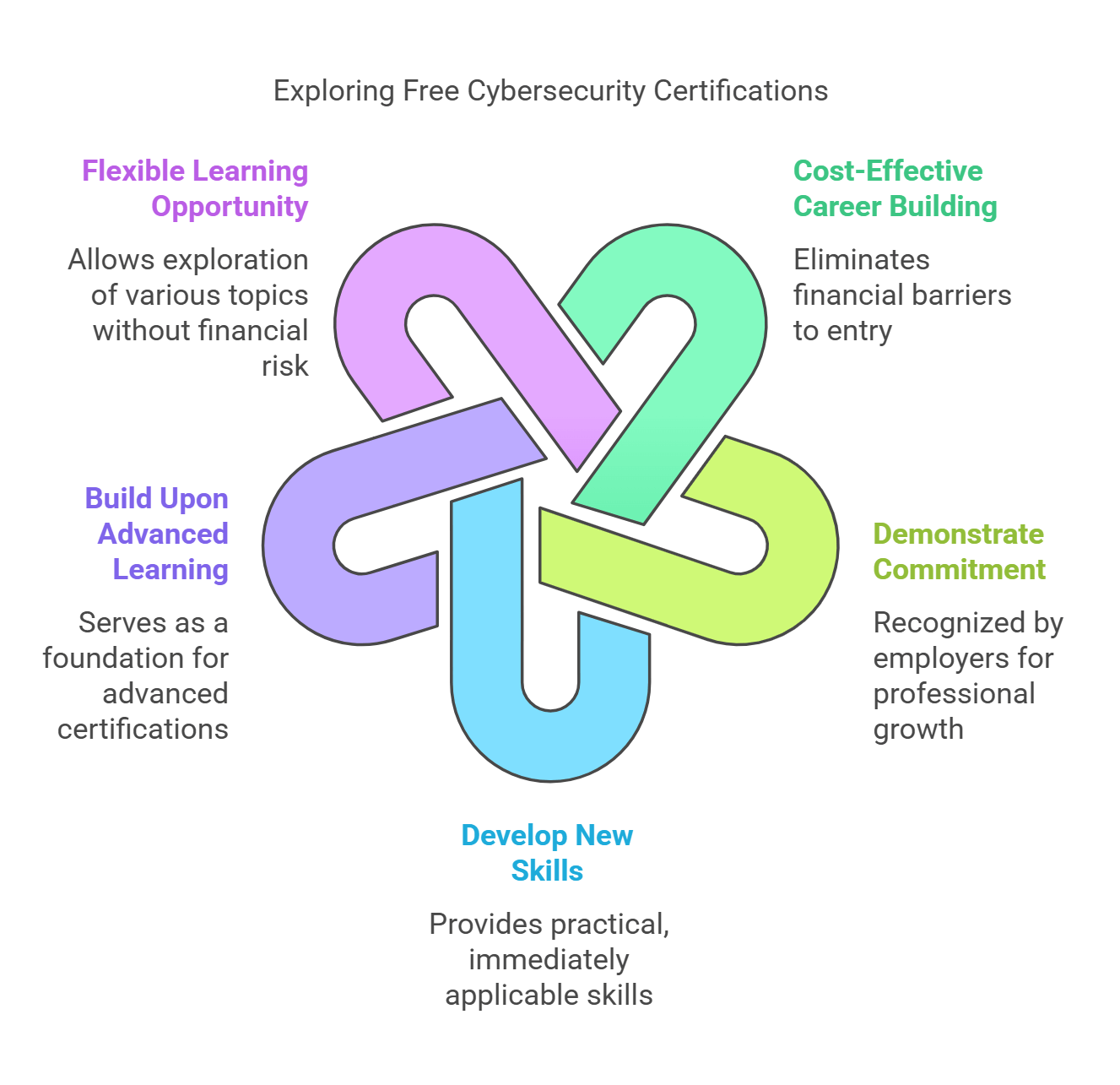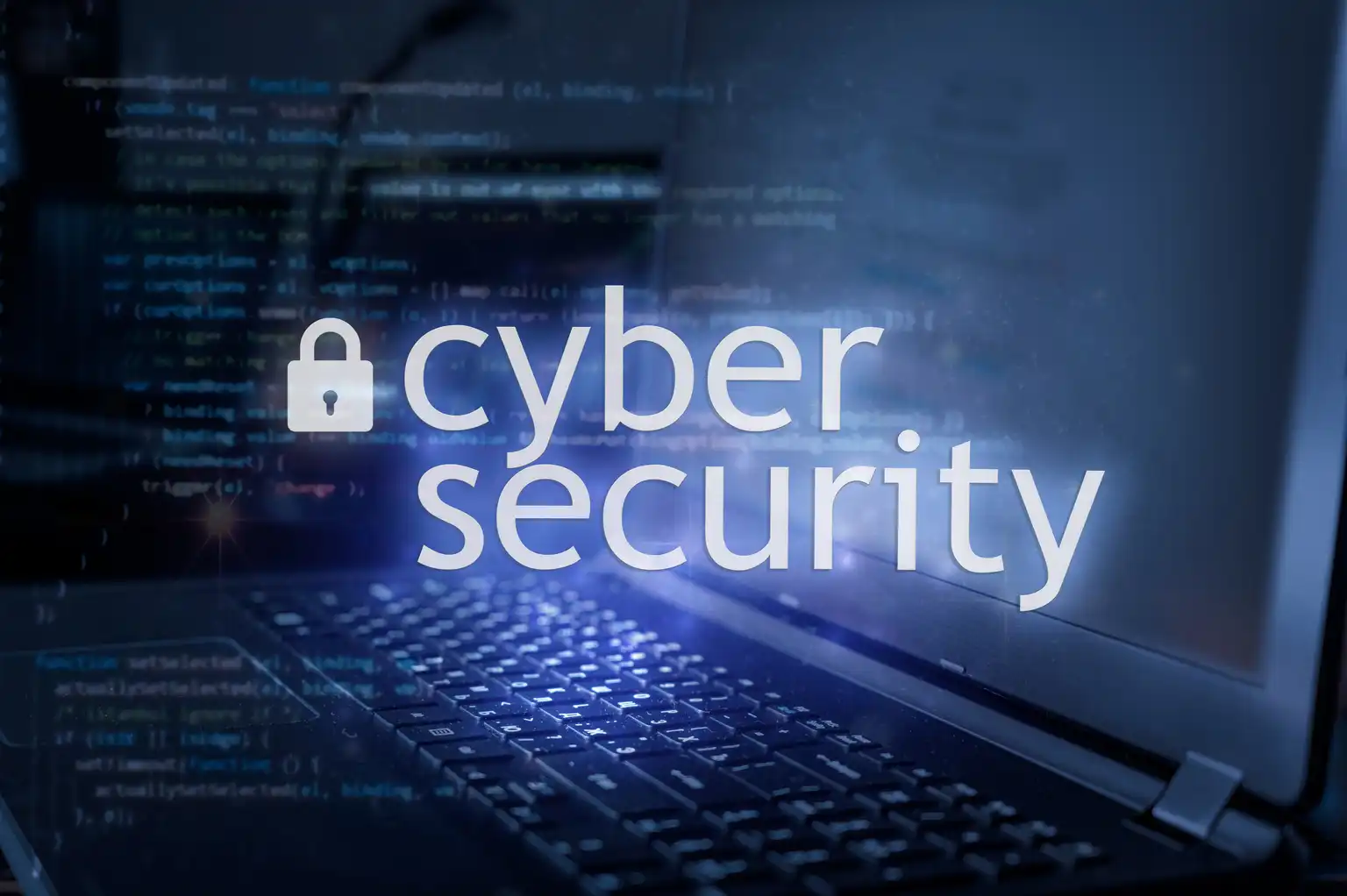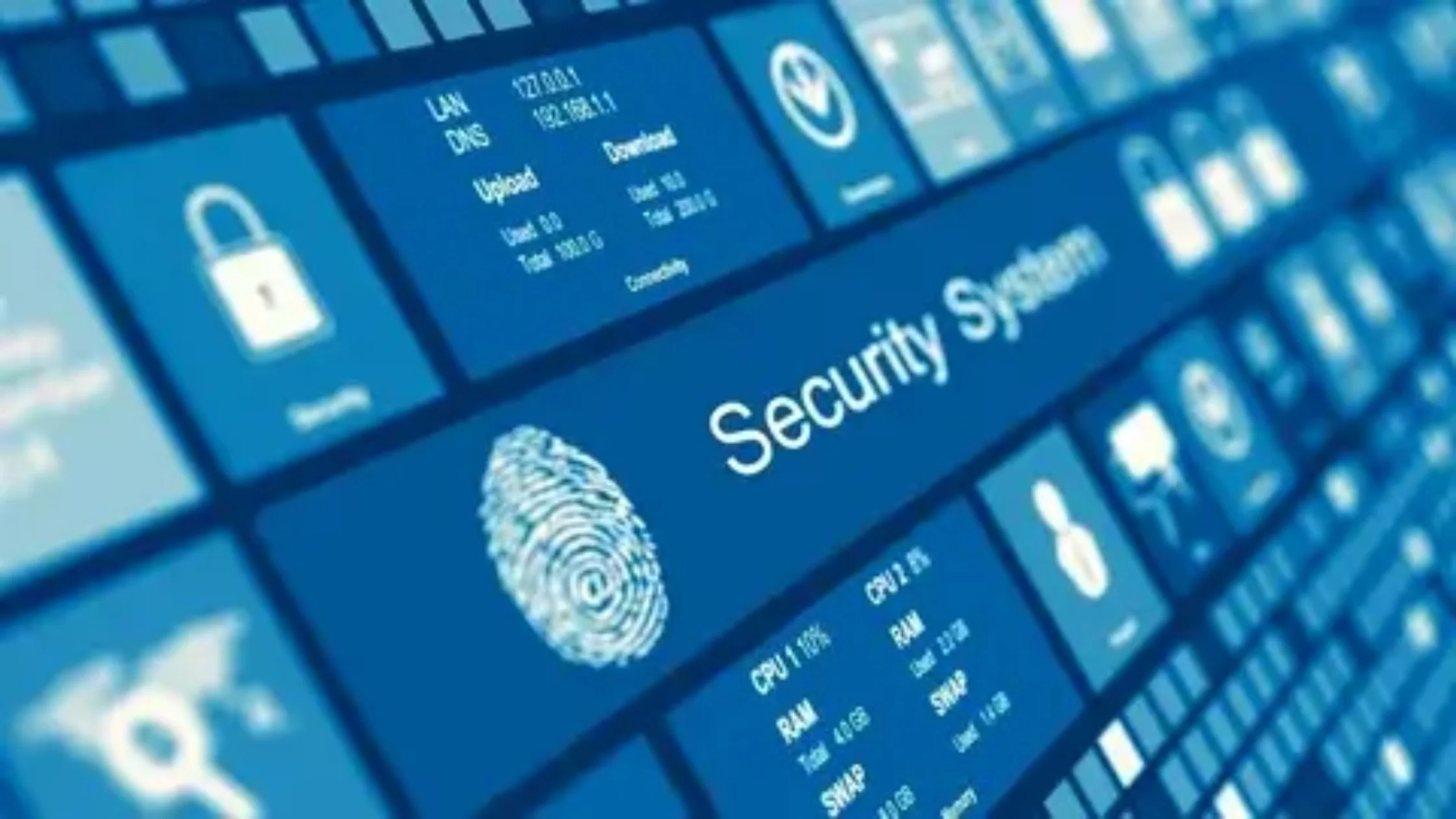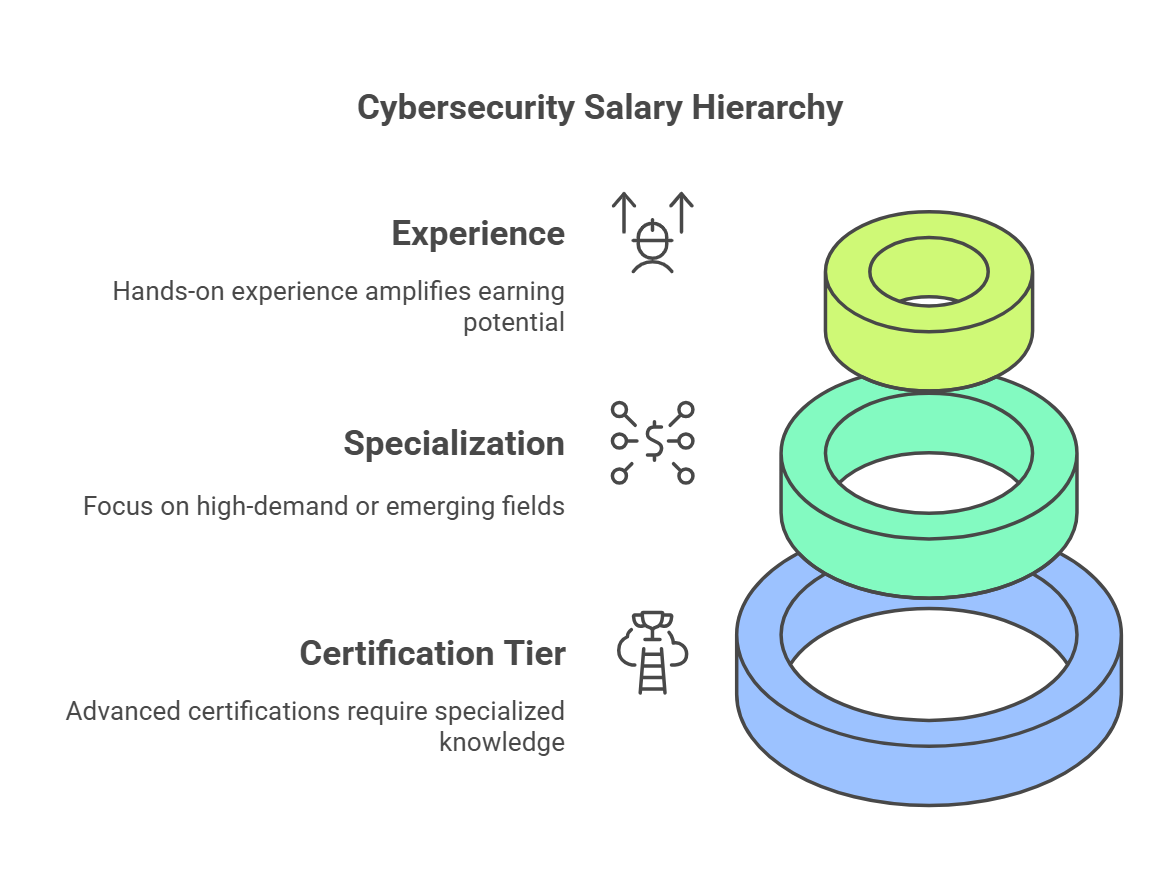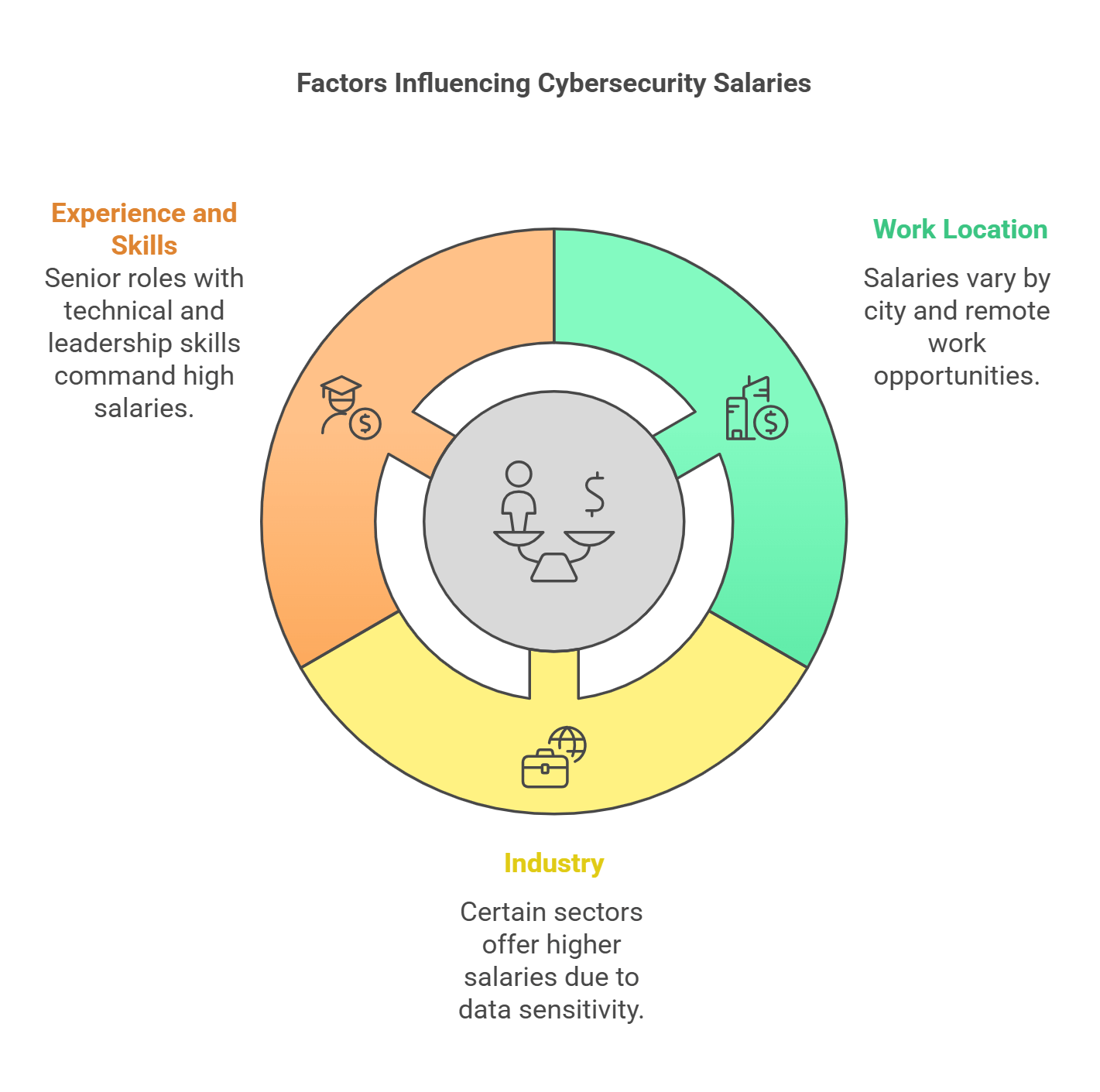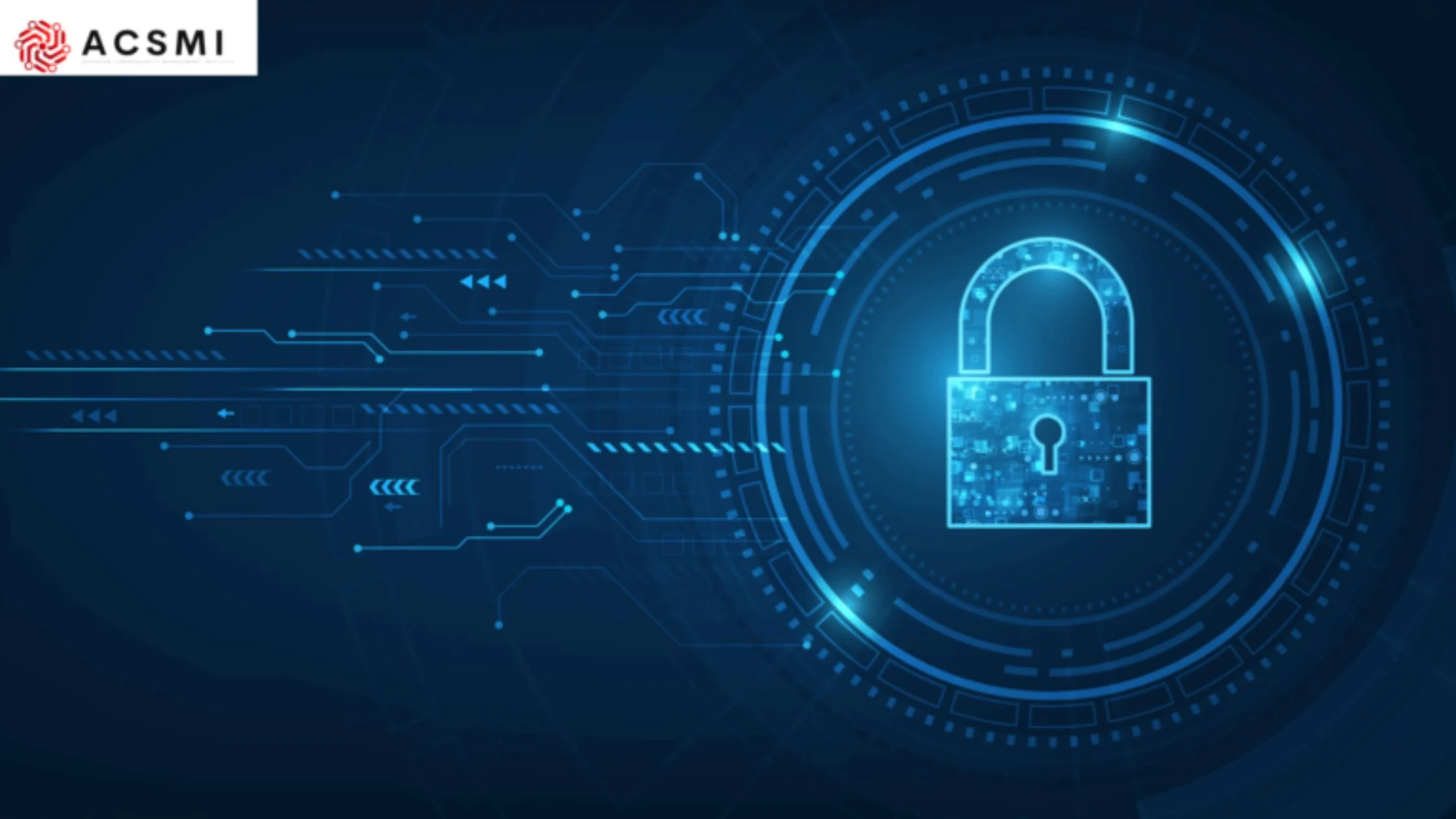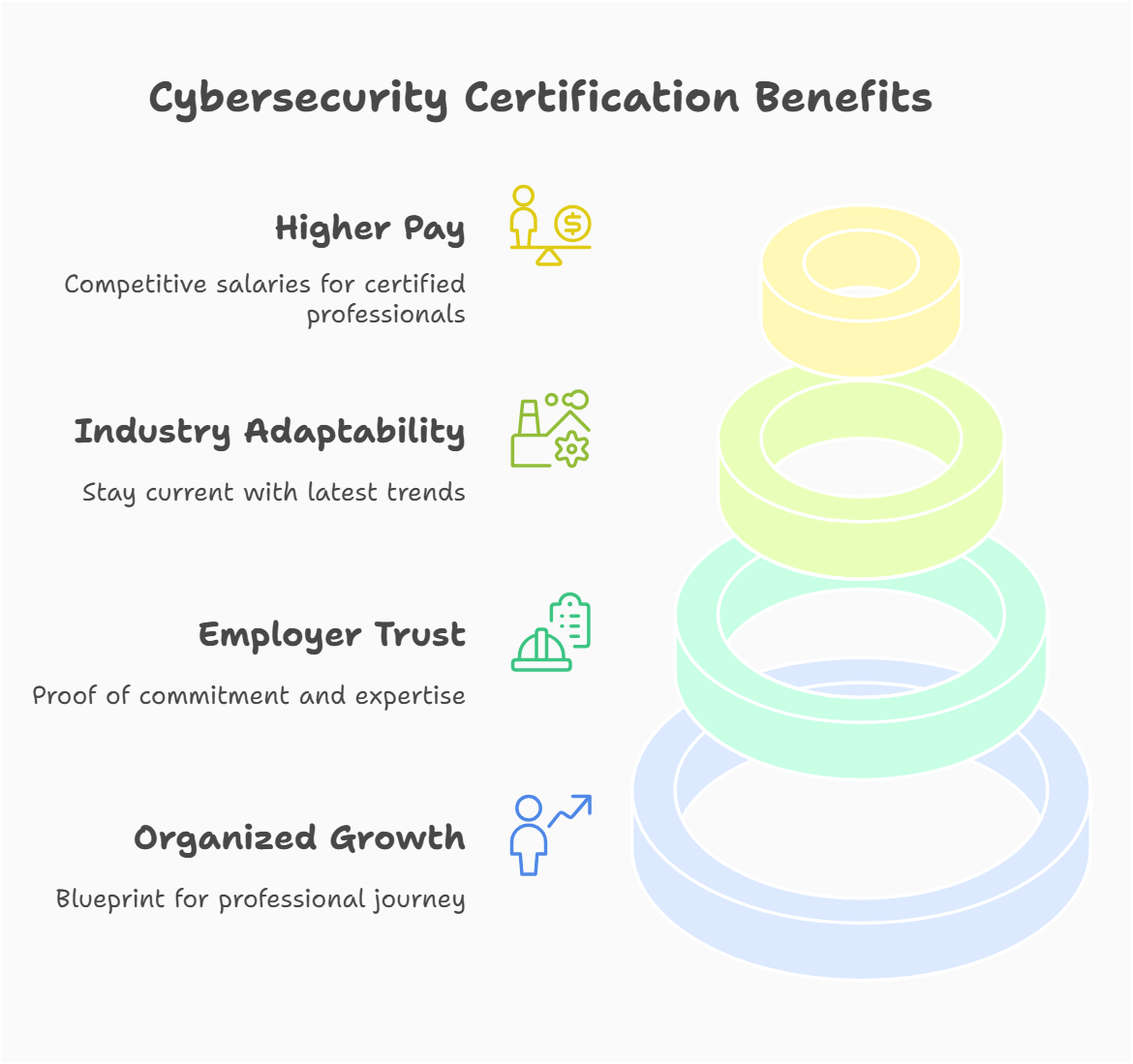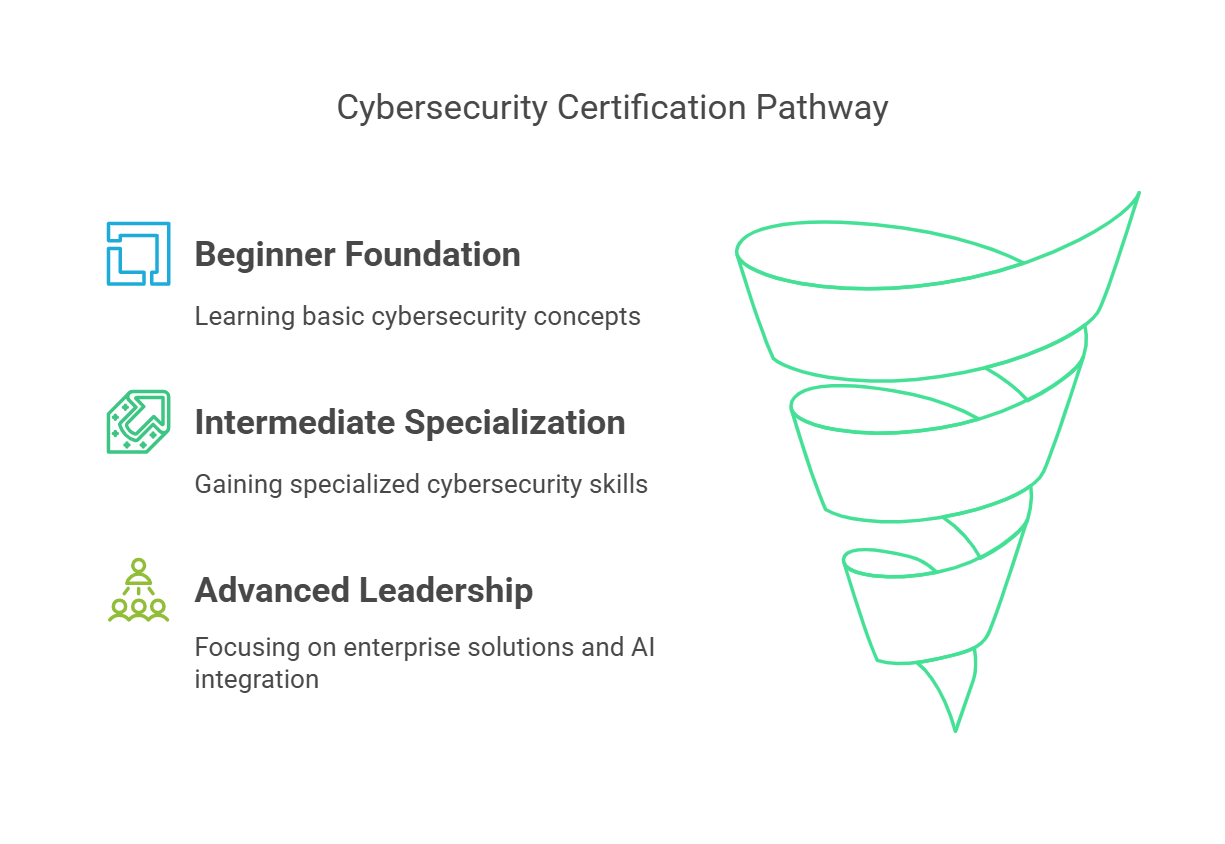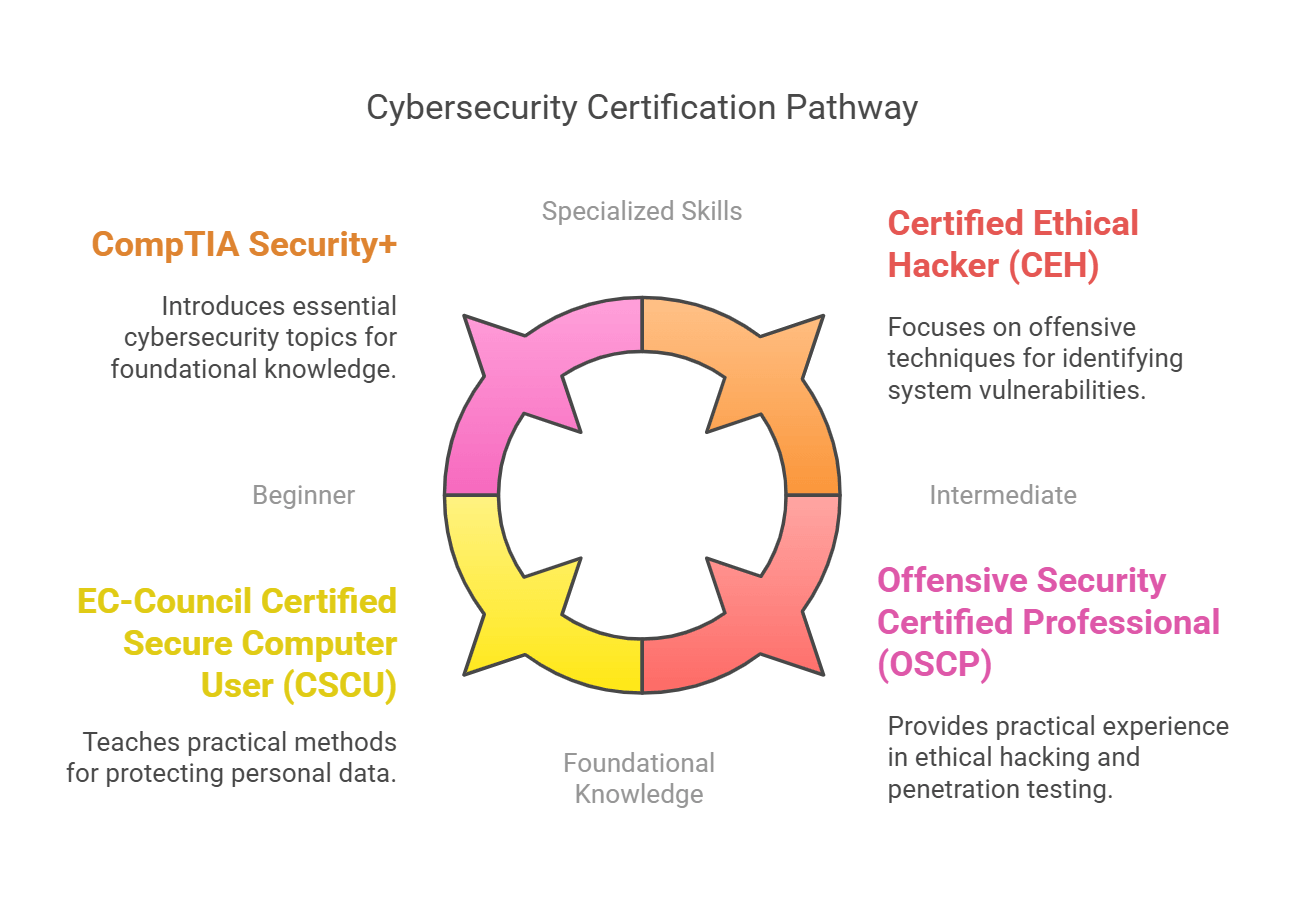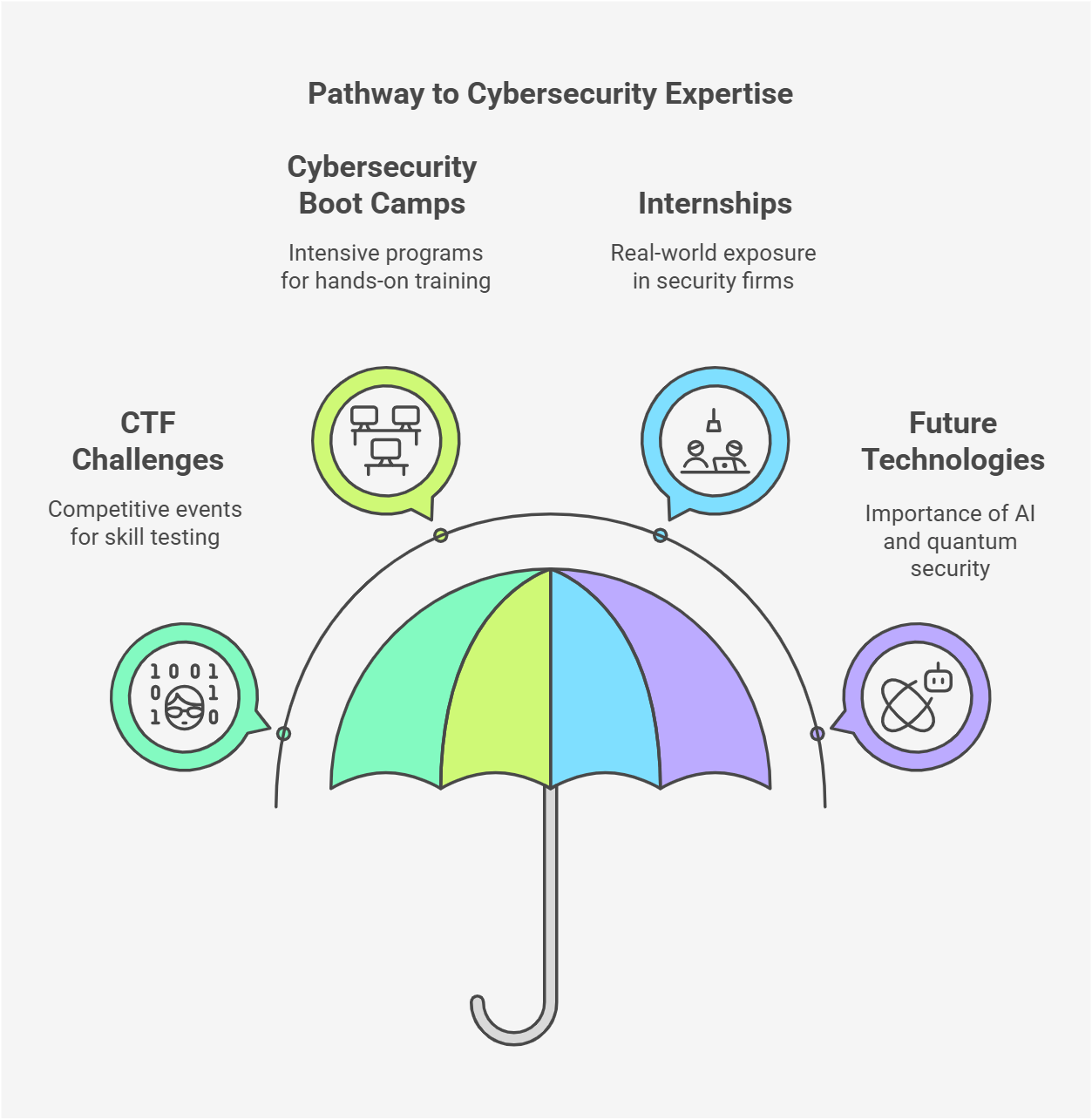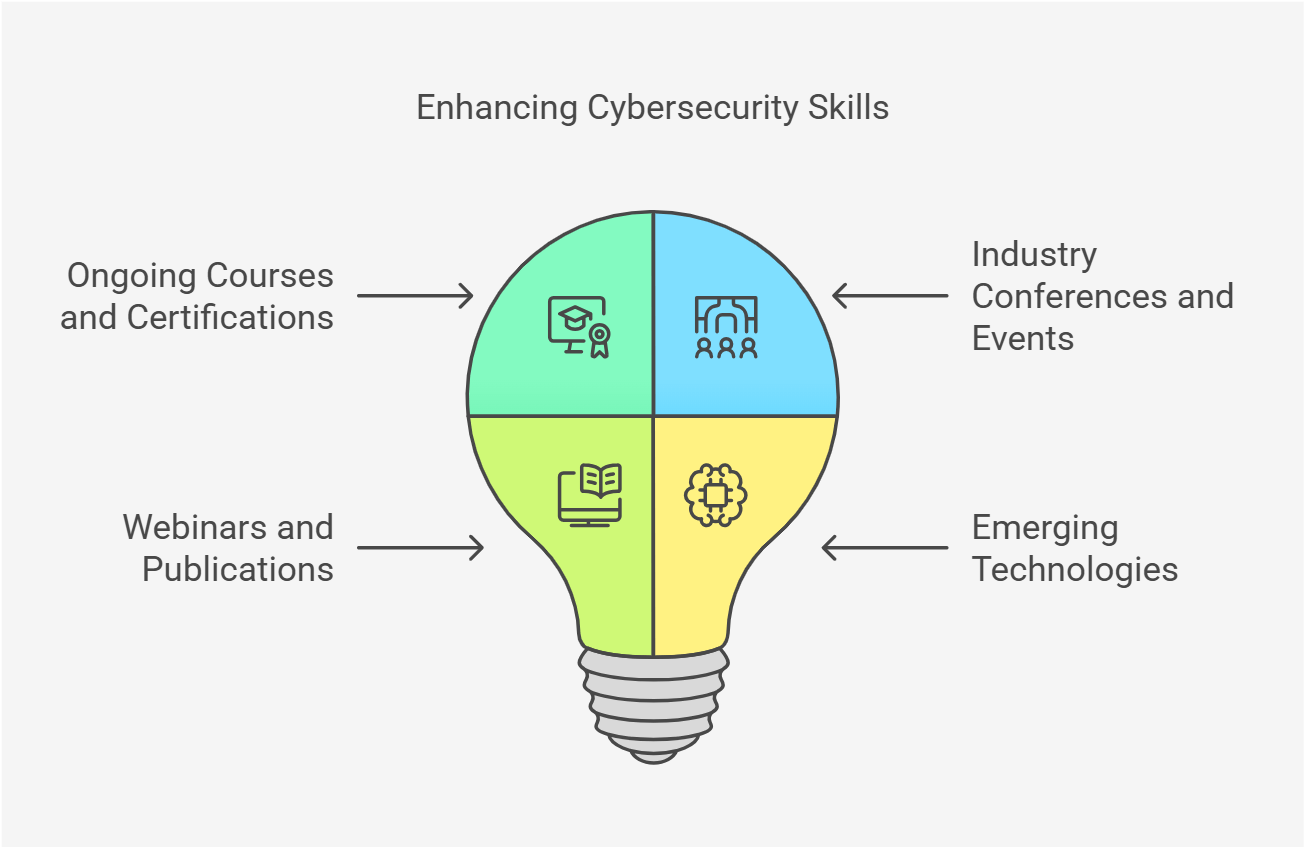Table of Contents
- What Is Microsoft Cybersecurity Certification?
- Why Pursue Microsoft Cybersecurity Certification?
- Benefits of Microsoft Cybersecurity Certification
- Complementing Microsoft Cybersecurity Certification with ACSMI
- Why Pair Microsoft and ACSMI Certifications?
- Key Topics in Microsoft Cybersecurity Certification
- Comparing Certifications
- Final Thoughts
- Frequently Asked Questions About Microsoft Cybersecurity Certification
Cybersecurity Awareness has become the backbone of digital operations across all industries. Whether it’s protecting enterprise networks or safeguarding cloud systems, skilled professionals are in high demand. Among the top choices for professionals seeking to solidify their career, the Microsoft Cybersecurity Certification stands out as a leading program. This guide will cover everything you need to know about Microsoft Cybersecurity Certification—from its structure and benefits to how it complements programs like ACSMI’s modular certification. If you’re looking to build credibility, gain practical skills, and explore limitless opportunities in cybersecurity, read on to find out why certifications like these are worth your time.
What Is Microsoft Cybersecurity Certification?
The Microsoft Cybersecurity Certification is a hands-on learning program offered by Microsoft designed to upskill IT and security professionals. The certification focuses on equipping candidates with the tools and knowledge needed to manage, detect, and prevent cyber threats effectively—whether in on-premises environments or the cloud.
This certification is intended for professionals ranging from entry-level IT specialists to advanced cloud architects. With a robust curriculum tackling real-world problems, Microsoft’s certifications cover topics such as threat analytics, cloud security, identity management, and security operations. Certifications such as Microsoft Certified Security, Compliance, and Identity Fundamentals or Microsoft Certified Security Operations Analyst provide a solid foundation for anyone looking to address today’s most pressing security challenges.
Why Pursue Microsoft Cybersecurity Certification?
Choosing the right certification can accelerate your career trajectory, and Microsoft Cybersecurity Certification is an excellent choice for many professionals. Here’s why it stands out in the industry:
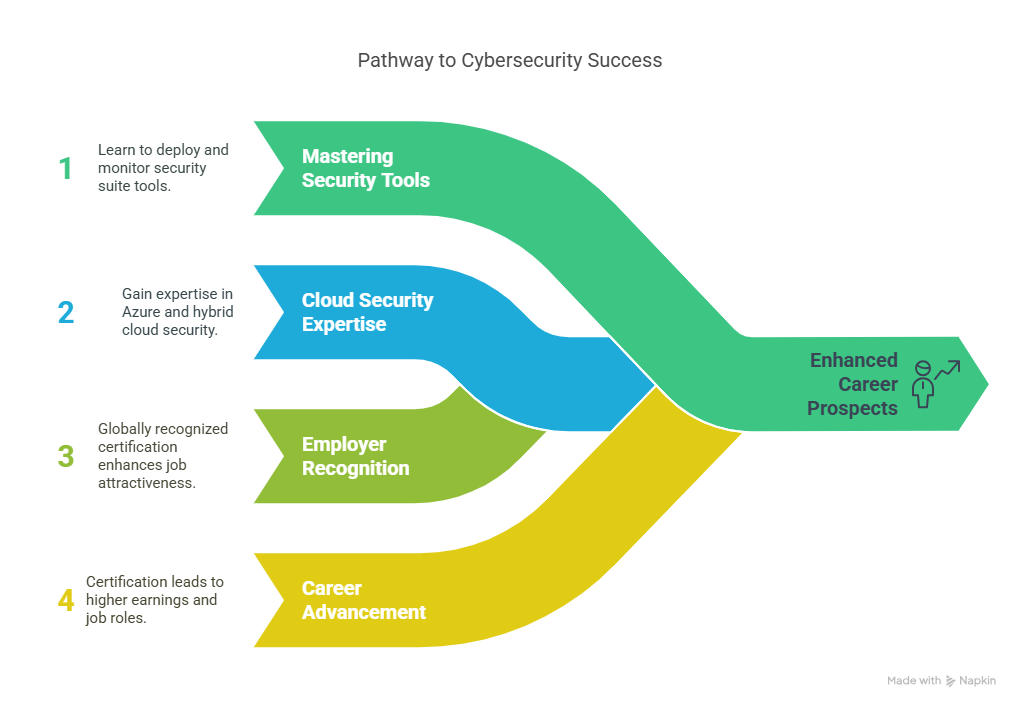
1. Mastering Security Suite Tools
Microsoft’s certification emphasizes hands-on learning in industry-leading security tools such as Azure Security Center, Microsoft Defender, and Sentinel. By getting certified, you learn how to deploy, configure, and monitor these tools across enterprise environments, which are essential for maintaining a secure digital ecosystem.
2. Stay Ahead with Cloud Security
As many organizations continue migrating to the cloud, cloud security expertise has become critical. Microsoft certifications ensure you gain the knowledge to combat security threats across Azure and hybrid cloud ecosystems, preparing you for the demands of cloud-first business strategies.
3. Valued by Employers
Microsoft certifications are globally recognized and respected. Being certified by Microsoft instantly boosts your credibility and makes you a more attractive candidate for tech roles worldwide. Many employers prioritize certified professionals because they have demonstrated their proficiency in high-demand security areas.
4. Career Advancement Opportunities
Microsoft-certified professionals often earn 16% more than their uncertified peers. The certification unlocks access to job roles like Security Engineer, Cybersecurity Consultant, and Compliance Officer, providing significant career growth opportunities and job security in a growing field.
Benefits of Microsoft Cybersecurity Certification
Achieving the Microsoft Cybersecurity Certification offers more than just a credential. It helps you gain cutting-edge skills, practical experience, and opens up career-transforming opportunities.
-
Improved Employability: Employers prefer certified professionals who can effectively manage threats and secure cloud platforms. With a Microsoft certification, you stand out to top-tier employers globally.
-
Real-World Applications: The certifications combine theoretical concepts with hands-on labs, ensuring you can confidently respond to real-world security challenges and provide effective solutions.
-
Global Recognition: Microsoft certifications are internationally recognized, making them a valuable asset regardless of where your career takes you.
-
On-Demand Skills: Microsoft certifications cover topics like Zero Trust Security, Identity Protection, and M365 compliance, which are highly relevant in today’s rapidly evolving cybersecurity landscape.
Complementing Microsoft Cybersecurity Certification with ACSMI
While Microsoft offers a comprehensive approach to security, completing a well-rounded modular certification like ACSMI can elevate your expertise further. ACSMI offers more than 400 modules, allowing you to specialize in niche areas such as artificial intelligence (AI) security, IoT, and mobile app vulnerabilities—all essential fields in modern cybersecurity. This structured learning path aligns perfectly with a Cybersecurity Certification Roadmap, helping professionals advance methodically through key areas of expertise.
Why Pair Microsoft and ACSMI Certifications?
-
Extensive Skill Set: While Microsoft focuses on its ecosystem and cloud services, ACSMI broadens your knowledge base, encompassing other platforms and emerging technologies.
-
Flexibility: With ACSMI, you can tailor your learning to fill gaps in your knowledge, giving you a more holistic understanding of the cybersecurity landscape.
-
Enhanced Career Opportunities: By combining Microsoft certifications with ACSMI’s comprehensive training, you become a more versatile and competitive candidate for specialized and leadership roles in cybersecurity.
Key Topics in Microsoft Cybersecurity Certification
Microsoft certifications cover vital areas of cybersecurity to equip you with the skills needed to tackle security threats across diverse environments. Here are some of the key knowledge areas:
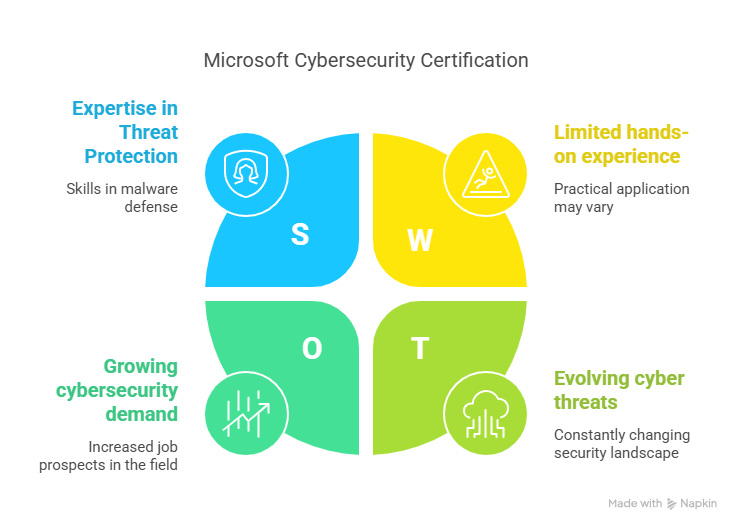
-
Threat Protection: Gain expertise in using Microsoft Defender and Sentinel to protect systems from malware and advanced cyber threats.
-
Identity and Access Management: Learn to implement multifactor authentication and conditional access policies to enhance security.
-
Zero Trust Strategies: Understand how to enforce Zero Trust Architecture to restrict unauthorized access and secure digital resources.
-
Data Protection: Learn how to secure sensitive enterprise data using Azure’s encryption and advanced protection mechanisms.
-
Automation and Reporting: Optimize incident response times and streamline security operations using automation tools for monitoring and alerts.
These skill sets prepare you to handle a wide variety of security threats while applying industry best practices in your day-to-day operations.
Comparing Certifications
Pairing Microsoft Cybersecurity Certification with ACSMI’s in-depth training offers a winning strategy for excelling in the competitive cybersecurity field. While Microsoft focuses on its ecosystem, ACSMI provides broader expertise, making you a well-rounded candidate for any cybersecurity challenge.
Final Thoughts
The demand for cybersecurity professionals continues to soar, and the Microsoft Cybersecurity Certification is one of the best ways to either start or advance your career. It provides in-depth knowledge of today’s most critical security tools and techniques, enabling professionals to thrive in roles that are essential to organizations worldwide. Adding certifications like ACSMI Certification further strengthens your skillset, providing you with a diversified toolbox for solving broader cybersecurity challenges.
The blended expertise gained from both certifications makes you not just a job candidate but an invaluable asset to any team or organization. Take the first step today and boost your career with certifications that are trusted, reliable, and future-focused. The cybersecurity field is evolving rapidly—secure your place at the forefront with the right tools and credentials.
Frequently Asked Questions About Microsoft Cybersecurity Certification
1. What is the target audience for Microsoft Cybersecurity Certification?
This certification is ideal for IT professionals, security engineers, SOC analysts, and anyone looking to advance their knowledge and skills in cybersecurity.
2. How long does it take to complete the certification?
The duration varies depending on the level of certification and the candidate’s learning pace. On average, most certifications can be completed within three to six weeks.
3. Does the certification expire?
Yes, Microsoft certifications typically require renewal every two years through an online assessment or additional training.
4. Can beginners pursue this certification?
Yes, foundational certifications like the Microsoft Certified Security, Compliance, and Identity Fundamentals are designed for those new to cybersecurity.
5. How does Microsoft compare with other certifications?
Microsoft certifications focus heavily on its ecosystem and cloud expertise. Pairing Microsoft certifications with broader programs like ACSMI allows you to develop a more comprehensive skill base, making you more versatile in handling diverse cybersecurity challenges.


